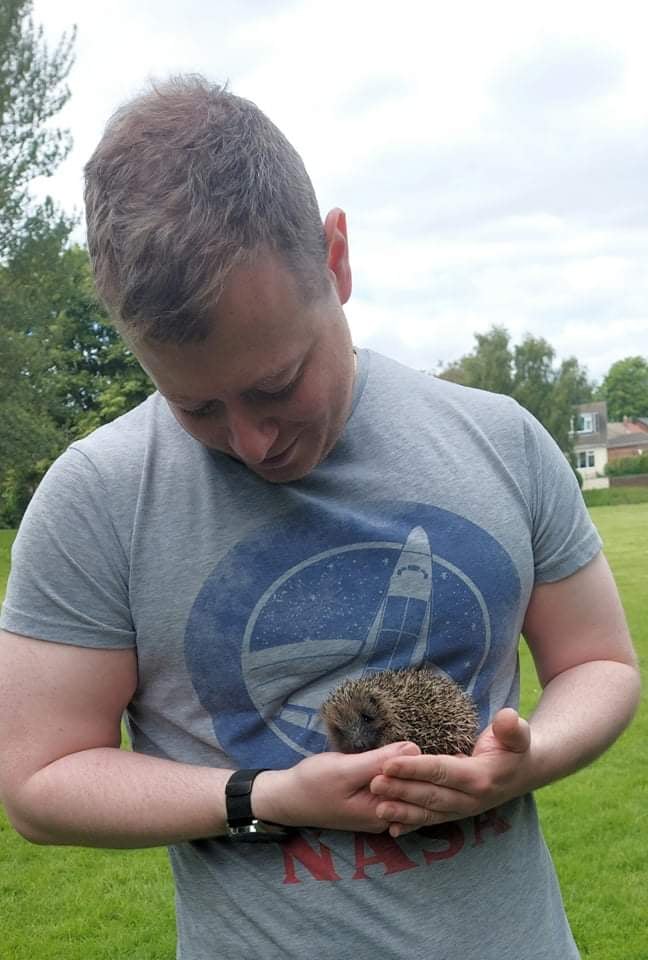
The People’s Dispensary for Sick Animals (PDSA) has revealed that feeding pets treats is fuelling their obesity.
A combination of snacks, scraps, takeaway leftovers and alcohol is continuing to fuel a crisis among pets, according to the charity.
The animal charity has released new data showing that 36 per cent of dogs, 18 per cent of cats and 14 per cent of rabbits in the UK receive treats on a daily basis.
The charity’s vets are warning owners that they could be drastically shortening their pet’s life expectancy.
PDSA Vet, Jessie Hetherington, from the vet charity’s Sunderland Pet Hospital, said: “The fact that a higher percentage of pet owners in the North East are feeding their dogs more table scraps and leftovers as their main meals compared to the national average is quite worrying. However, the situation is slightly better with cats when compared to the rest of the country.
“Obese pets shouldn’t be viewed as cuddly or cute and those that are carrying excess weight are at higher risk of developing some very serious health issues such as diabetes and heart disease.”
Owners have admitted to indulging their pets by giving them fatty, sugary, and in some cases dangerous, foods.
These include cake, chocolate, biscuits, crisps, chips, takeaway and even alcohol.
Twenty-eight per cent of dogs, 13 per cent of cats and 1 per cent of rabbits are fed table scraps or leftovers as part of their main meal.
According to PDSA’s nationwide PetCheck tour, a third of dogs and a quarter of cats are now classed as overweight or obese.
Vet professionals predict that the problem will continue to grow – with 80 per cent believing there will be more overweight pets than healthy ones by 2019.
Many overweight pets develop potentially life-threatening conditions such as heart disease, cancer and diabetes, as well as debilitating conditions including arthritis, as a direct result of being overweight.
PDSA Vet, Vicki Larkham-Jones, said: “Pet obesity can be tackled.
“Nearly half of pet owners believe that obesity is the biggest threat to animal welfare in the next ten years – yet pets continue to be fed unsuitable diets which is fuelling the problem.
“As well as being high in calories, food like takeaways, cake, cheese, chips and crisps are high in fat and sugars which are bad for our pets’ waistlines and teeth. Some owners even admitted to giving chocolate and even alcohol, both of which are poisonous to pets and can be fatal.
“The good news is that we can make a real difference, starting now.
“With the right food and regular exercise, it is easy to keep pets fit and healthy.”
SR News Tutu Manyena & Siobhan Roberts spoke to Wearsiders to find out how they feel about pet obesity figures suggesting that “treats are fuelling their obesity”.



